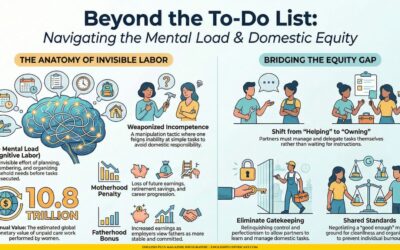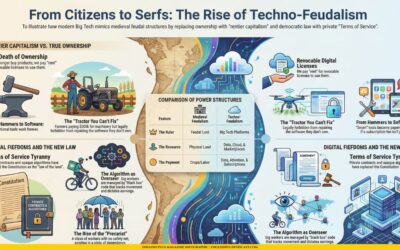Let’s talk about something that’s as old as civilization itself, yet as current as today’s headlines – poverty and income inequality. These aren’t just terms thrown around in heated debates or found in the dense pages of economic journals. They’re real, everyday challenges that millions face, and they shape the world we live in.
Poverty isn’t just about not having enough money to buy the latest smartphone or go on exotic vacations. It’s about struggling to meet the most basic needs – food, shelter, healthcare, and education. It’s the parent working three jobs but still unable to afford a decent meal for their kids. It’s the young talent forced to abandon dreams because college is a luxury they can’t afford.
Now, let’s add income inequality to the mix. Imagine a race where some participants start a mile ahead, with the best gear, while others are barefoot, starting a mile behind. Income inequality is the massive gap between the rich and the poor, a gap that’s been widening like someone’s forgotten to turn off the tap.
So, why should you care? Because, whether you’re at the top, bottom, or somewhere in the middle, this affects us all. High levels of income inequality can lead to a host of social, economic, and political issues – reduced social mobility, higher crime rates, and even poorer health outcomes for society as a whole.
The causes of poverty and income inequality are as complex as they come – globalization, labor market changes, technological advancements, and policy decisions, to name a few. It’s a tangled web of factors where economics meets politics meets social norms.
But it’s not all doom and gloom. The good news is that these are human-made problems, and what we humans make, we can unmake. There are solutions, and they start with awareness and action.
Education is a key player. It’s like the Swiss Army knife of tools against poverty and inequality – versatile and effective. Quality education can provide the skills needed for better-paying jobs and create opportunities for upward mobility.
Policies matter too. Think of them as the rules of the game. Progressive taxation, minimum wages, and social safety nets are some ways governments can redistribute wealth and provide a cushion for those at the bottom rung.
Businesses have a role to play as well. It’s not just about profits; it’s about corporate responsibility. Paying fair wages, investing in communities, and ethical business practices can go a long way in bridging the income gap.
And let’s not forget the power of community and individual action. From volunteering to advocating for policy changes, everyone has a part to play in fighting poverty and income inequality.
In conclusion, poverty and income inequality are not just someone else’s problem. They’re our problem. They affect the health of our communities, the stability of our economies, and the fabric of our societies. Understanding these issues is the first step towards creating a world where everyone gets a fair shot at the race, a world where the gap between the have’s and have-not’s isn’t a chasm but a stepping stone towards a more equitable future.










0 Comments